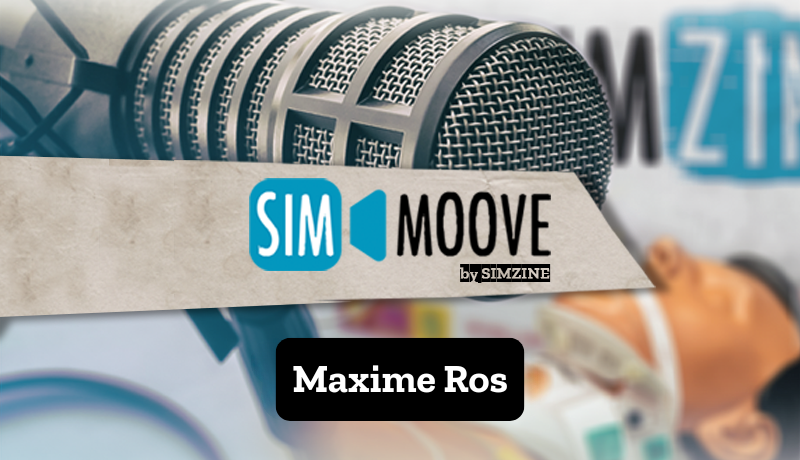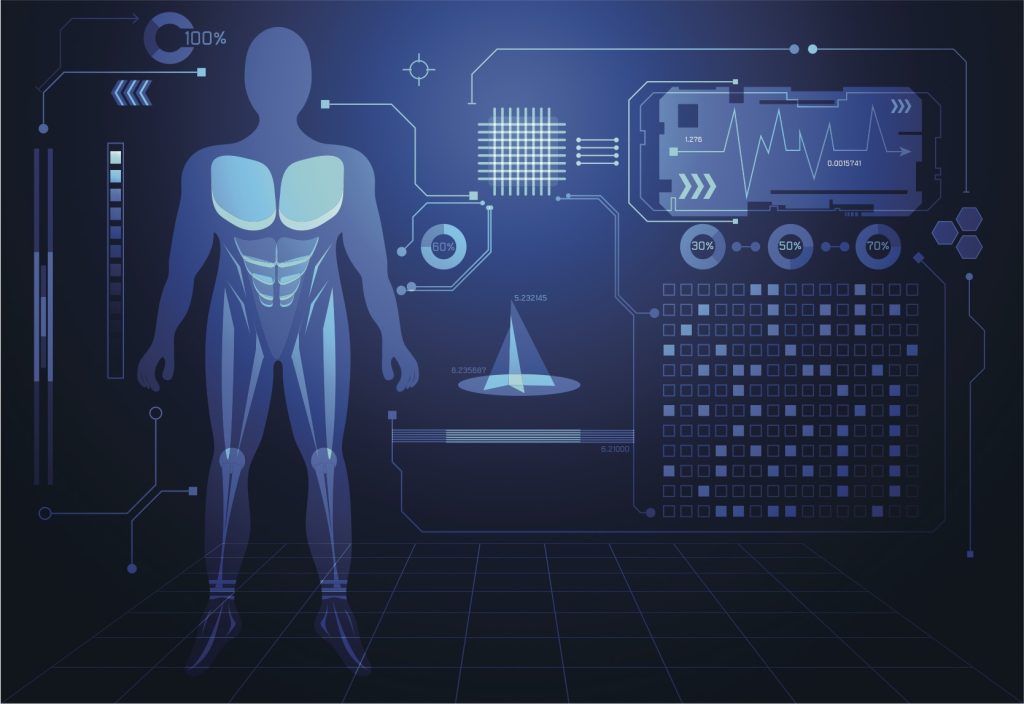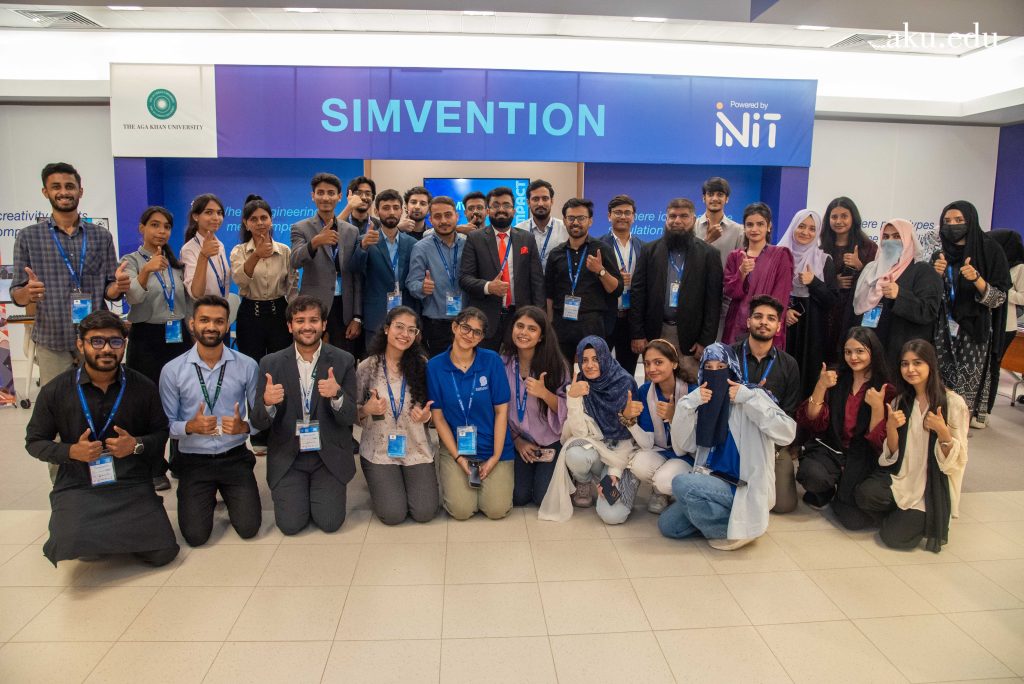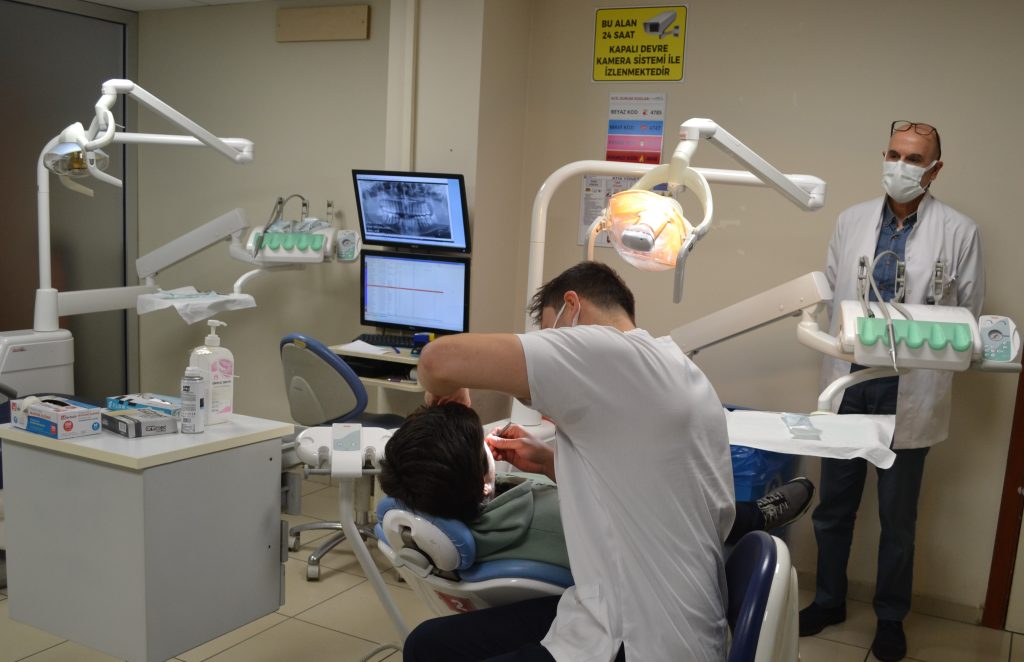A practical score which matches simulators to training programs based on trainable elementary skills. An innovative proposal
The challenge
Finding the right simulator for a particular training program is a challenge. Especially for the more general programs, there are often many available solutions. In this article we focus on programs that can best be trained on patient simulators or part-task trainers, rather than on simulated patients. We also focus on training goals, and not on cost aspects and preferred providers.
Proposed method and preliminary results
The proposed method is based on analyzing a program in terms of elementary skills in the four categories described in the already published article “System theory for simulationists”, namely: physical exam, manual interventions, monitoring, and device-based interventions. In this section we give an example of the application of the method to Nasco Healthcare simulators. The first column in Table 1 lists the elementary skills required from lay rescuers, as specified in the 2015 American Heart Association (AHA) guidelines for adult Basic Life Support (BLS) (the work was carried out in 2017).

Note that additional manual elementary skills required from healthcare providers trained in BLS, such as bag-mask ventilation or administration of naloxone, are not listed. Then a number of Nasco Healthcare simulators are characterized in terms of trainable elementary skills. In the last three columns a “1” is entered if the skill is considered trainable on the considered device: Brad Adult, ALS trainer, and Smart STAT, respectively. A matching score for a particular simulator is calculated by summing the 1s in a column, and dividing the resulting number by 8, the number of considered elementary skills in this category and for this program. The Brad Adult allows for training of 50% of the elementary skills in the manual interventions category, the ALS trainer for 88%, and the Smart STATS allows for training them all. The exercise is then repeated for the other three categories of elementary skills: physical exam, monitoring, and device-based interventions, resulting in an overall matching score ranging from 0 (none of the elementary skills in all four categories can be trained on the device) to 1 (all elementary skills can be trained on the device).
Discussion
The advantages of the proposed method include:
- That it is based on the intuitive concept of “elementary skill”, and on rigorous analytical methods for characterizing training programs and training devices.
- The resulting matching score is easy to compute and interpret.
Potential limitations include:
- Extracting elementary skills from existing program guidelines requires a competent professional.
- Characterizing a simulator in terms of “trainability” of elementary skills should be done in an objective, independent way, so ideally not by the manufacturer.
For now, elementary skills contribute in a binary way to the score, but certain skills, such as chest compressions in a BLS program could be given a different weight. Binary trainability could also be expanded into a multi-level scale. Integrative skills, including thinking about relationships between evolving clinical quantities, and communication with team members about the simulated patient are currently not included in the proposed score. Besides for matching simulators to programs, the proposed method also holds promise for market research and for design of new simulators, also see Design and commercialization of a neonatal ECMO simulator .
We presented a rigorous, data-based method for matching simulators to programs. Formal application of this method will require further work, but the presented insights can already be applied practically when looking at available devices.

READ ALSO













































